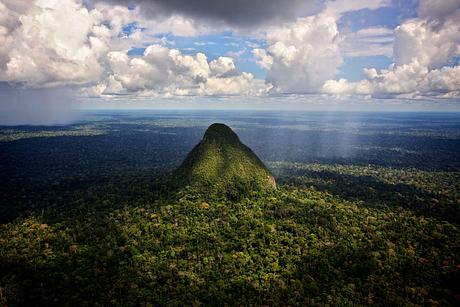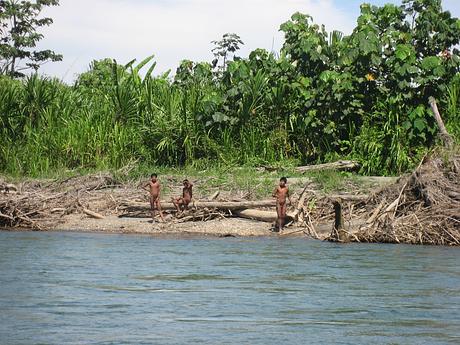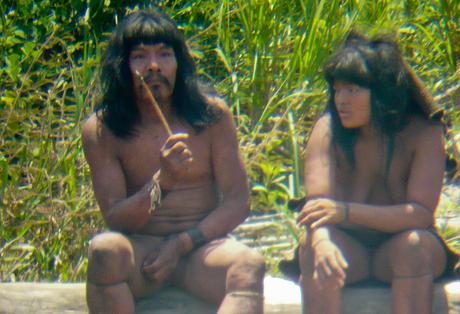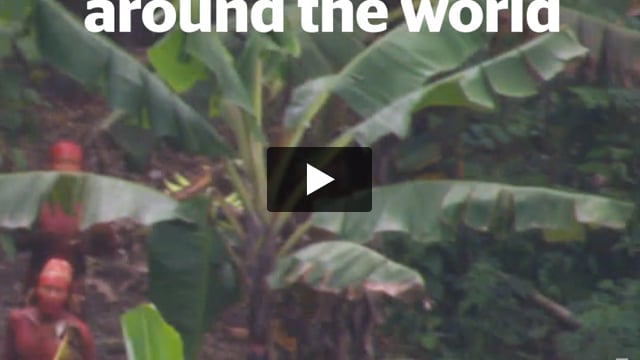Threats to Peru’s uncontacted tribes prompt emergency appeal to Inter-American Commission
February 2, 2021
 © Diego Perez
© Diego PerezThis page was last updated in 2021 and may contain language which is now outdated.
An Indigenous organization in Peru has appealed to the Americas’ top human rights body for urgent action to protect six uncontacted tribes’ territories.
The emergency appeal comes in the face of renewed threats to the proposed Amazonian reserves, whose legal status has been in limbo for up to 27 years.
The government has reactivated logging, oil and gas concessions in these areas, and until the reserves are properly established further concessions are likely to be sold off.
The reserves were first initiated between 15 and 27 years ago, but have never been officially completed.
 © G. Galli/Survival
© G. Galli/Survival
Indigenous organization ORPIO (Organización Regional de los Pueblos Indígenas del Oriente), assisted by the human rights organization Instituto de Defensa Legal, announced today that they had submitted a formal request to the Inter-American Commission on Human Rights.
They’ve petitioned the Commission to order Peru’s government to a) finalize the creation of the six reserves, and b) enact the necessary measures to ensure the health and wellbeing of the uncontacted people, given the Covid-19 pandemic, and the invasion of the reserves by outsiders.
In their submission ORPIO say: “During the Covid-19 pandemic, not only has the Peruvian state not taken any actions to protect the lives of the uncontacted tribes, on the contrary, they’ve authorised the granting of logging and oil and gas concessions.”
ORPIO add: “If immediate actions are not taken, these populations could be wiped out. There are more than twenty uncontacted tribes in Peru at risk of extinction, especially during a pandemic that’s struck hardest at the most vulnerable groups.”
Survival researcher Teresa Martínez said today: “No legal process that’s meant to urgently protect the right to life should end up taking so long. The Peruvian government’s actions are illegal, immoral and genocidal. The only explanation is the desire for profits, and the total absence of political will to finally establish these reserves and protect the lives of the uncontacted tribes, the most vulnerable peoples on the planet.”
Notes to Editors:
- The six reserves are: Yavarí – Tapiche (Department of Loreto), Kakataibo (Ucayali), Yavarí Mirim (Loreto), Sierra del Divisor Occidental (Loreto y Ucayali), Napo-Tigre (Loreto) and Atacuari (Loreto).
- The Inter-American Commission on Human Rights is part of the Organization of American States.
- The submission has been presented by ORPIO with the support of IDL, and the Human Rights Clinic of the University of Ottawa’s Human Rights Research and Education Centre
- Jorge Pérez Rubio, President of ORPIO, Beatriz Huertas, anthropological advisor to ORPIO, and Survival’s Teresa Martínez are available for interview.




